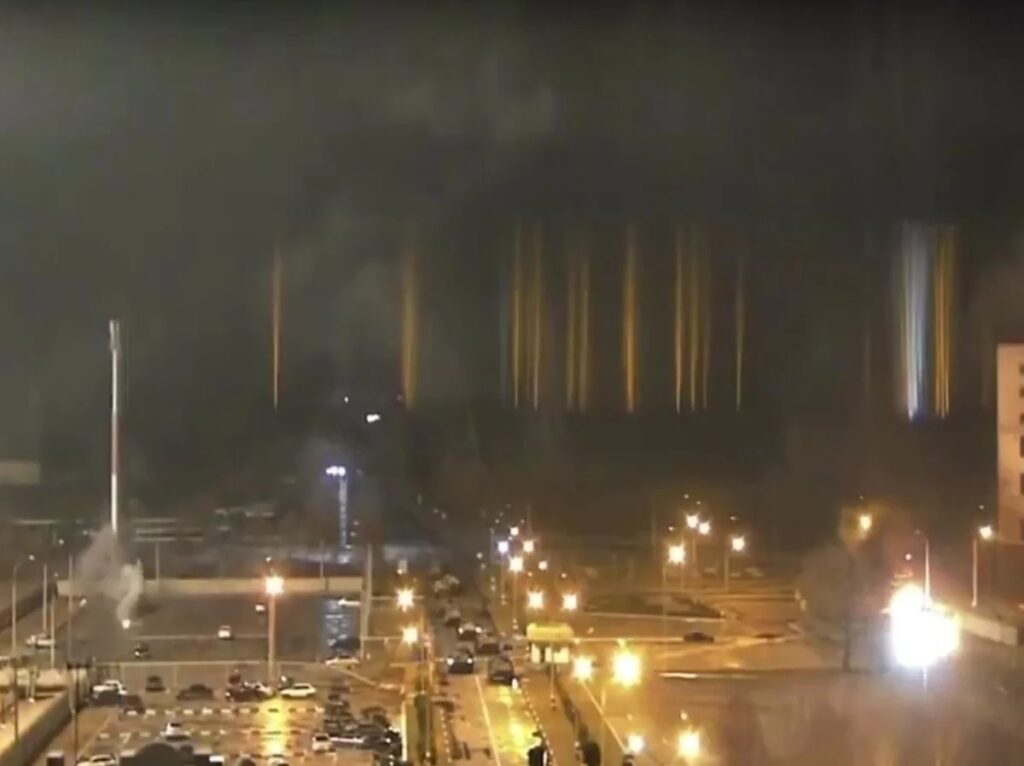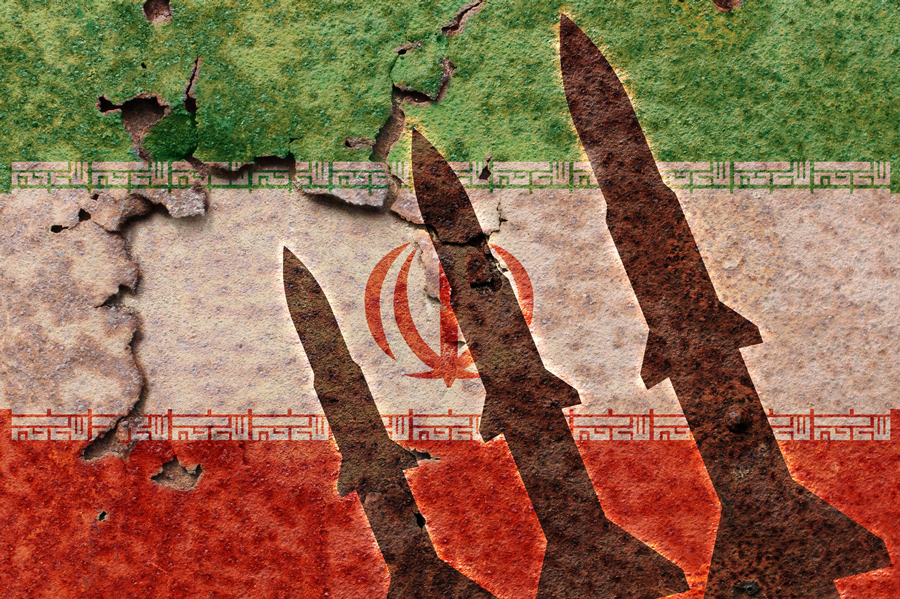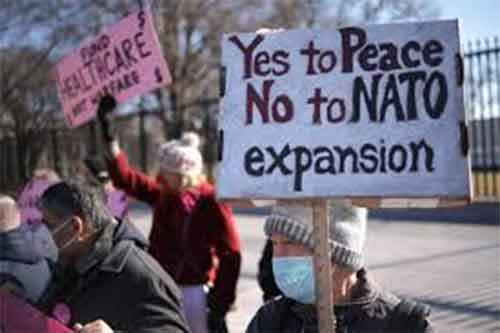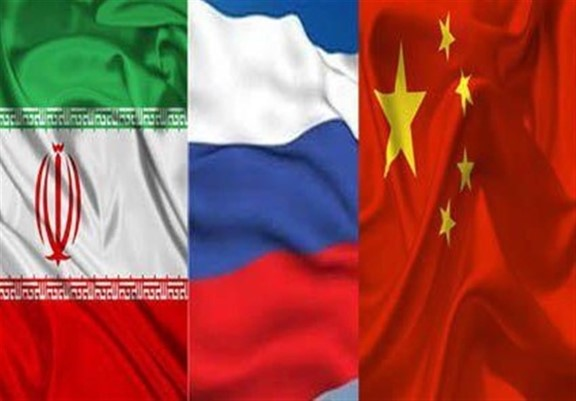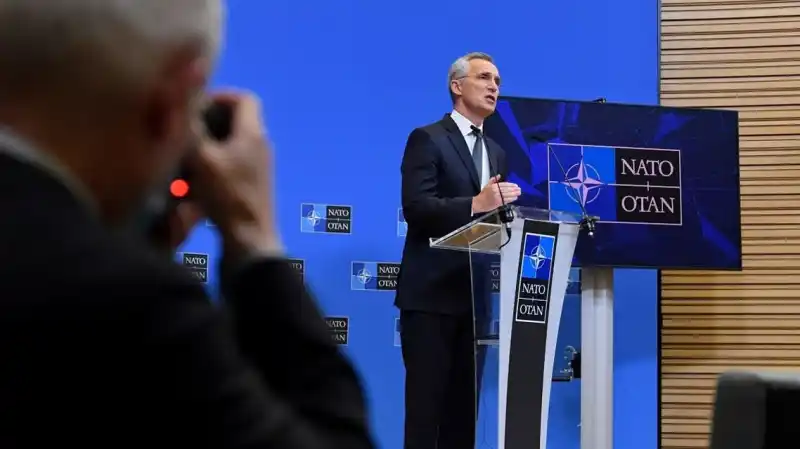The Russian war against Ukraine which began on February 24, 2022, and the tenacity exhibited by the latter as it faces the Russian Armed Forces have provided opponents of Hay’at Tahrir Al-Sham (HTS) with more fodder for criticism of the organization and its conduct. According to these opponents, HTS misled the Syrian public and even betrayed it when it acquiesced to the ceasefire agreements claiming that it didn’t have the capability to oppose the Russian Armed Forces, and that in that way it was protecting the territories under rebel control. These voices also urged “the true mujahideen” to take advantage of the fact that Russia is now occupied with the fighting in Ukraine to renew the struggle against the Syrian regime, while ignoring the restrictions imposed by HTS. Furthermore, in an apparent reference to the claim that HTS cooperates with the U.S.,[1] the same elements warned that the Americans, who abandoned Ukraine, will have no problem at all abandoning “little collaborators,” such as HTS.


